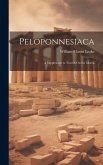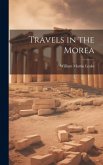I Frammenti Di Dicearco presents a meticulously curated collection of the surviving fragments attributed to Dicaearchus, a prominent philosopher and polymath of ancient Greece. This volume, compiled and annotated by Celidonio Errante, also includes prose and verse descriptions of Greece, attributed to Heraclides Creticus and Dionysius, son of Calliphon, respectively. This collection offers invaluable insights into the geographical, cultural, and philosophical landscape of ancient Greece as perceived by these classical authors. Their observations provide a unique window into a bygone era, making this volume an essential resource for scholars and enthusiasts of classical history, literature, and philosophy. This work has been selected by scholars as being culturally important, and is part of the knowledge base of civilization as we know it. This work was reproduced from the original artifact, and remains as true to the original work as possible. Therefore, you will see the original copyright references, library stamps (as most of these works have been housed in our most important libraries around the world), and other notations in the work. This work is in the public domain in the United States of America, and possibly other nations. Within the United States, you may freely copy and distribute this work, as no entity (individual or corporate) has a copyright on the body of the work. As a reproduction of a historical artifact, this work may contain missing or blurred pages, poor pictures, errant marks, etc. Scholars believe, and we concur, that this work is important enough to be preserved, reproduced, and made generally available to the public. We appreciate your support of the preservation process, and thank you for being an important part of keeping this knowledge alive and relevant.
Bitte wählen Sie Ihr Anliegen aus.
Rechnungen
Retourenschein anfordern
Bestellstatus
Storno

![I Frammenti Di Dicearco [including The Prose And Verse Descriptions Of Greece Really By Heraclides Creticus And Dionysius Son Of Calliphon Respectively] Raccolti E Illustr. Dall' Avvocato Celidonio Errante... - Messina, Dicaearchus (of; (Creticus, Heraclides I Frammenti Di Dicearco [including The Prose And Verse Descriptions Of Greece Really By Heraclides Creticus And Dionysius Son Of Calliphon Respectively] Raccolti E Illustr. Dall' Avvocato Celidonio Errante... - Messina, Dicaearchus (of; (Creticus, Heraclides](https://bilder.buecher.de/produkte/74/74787/74787248n.jpg)
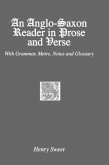

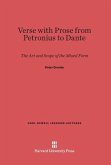
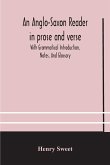
![The History of Thucydides, Newly Tr. and Illustr. With Annotations [&C.] by S.T. Bloomfield; Volume 3 The History of Thucydides, Newly Tr. and Illustr. With Annotations [&C.] by S.T. Bloomfield; Volume 3](https://bilder.buecher.de/produkte/68/68646/68646596m.jpg)
